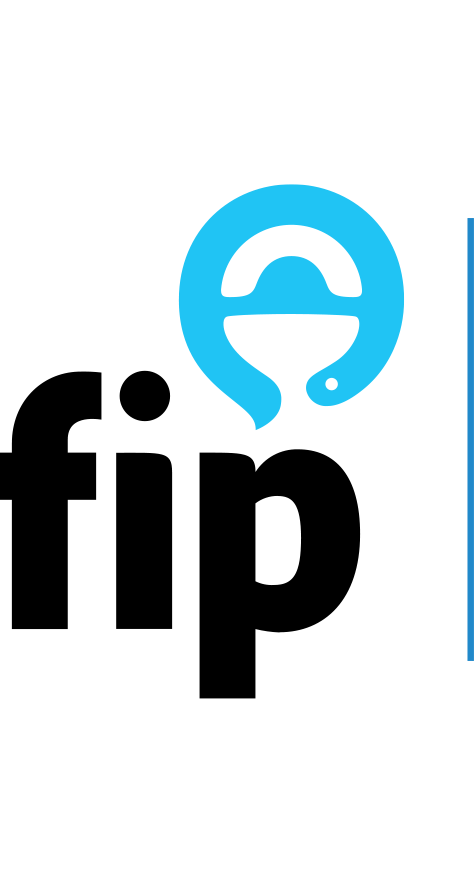
World Pharmacist Day 2017: An interesting beginning to humanitarian work
24 Sep 2024
Bárbara Scoralick Villela
World Pharmacist Day, 25 September 2017, marked a significant personal and professional milestone. It was not just a day to celebrate pharmacists globally, but also the date of the independence referendum for the Kurdistan Region of Iraq. It was also the day I boarded a flight to my first humanitarian job as a Pharmacy Coordinator, flying into Iraq blissfully unaware of how profoundly this referendum would shape my year ahead.
A few days later, due to the referendum results, the Iraqi government shut down international airports in Kurdistan. The issue for me, in particular? All our medical supplies for three internally displaced person (IDP) camps and over ten mobile health teams were imported through Erbil airport, following Kurdish import regulations. With the airport closure, our already dwindling warehouse stock was about to soon take an even bigger hit as we scrambled to find alternative routes to bring in our medical procurement.
Most of our projects were funded by the Office of U.S. Foreign Disaster Assistance (OFDA) — now the Bureau for Humanitarian Assistance (BHA) — which did not allow for local procurement. Our operations ranged from basic primary care, which we could somewhat support through loans from partner organisations or internal reallocations, but the needs were more complex elsewhere, such as Salamiyah camp, 20 km south of Mosul, where conflict had forced IDPs to flee, and from areas like the Al-Baaj district recently retaken from ISIS. There we operated a health centre offering Basic Emergency Obstetric and Newborn Care (BEmONC), including a delivery room. While obtaining some paracetamol and iron tablets may have been possible, when the need was oxytocin and magnesium sulphate for instance, the story was different.
The situation in Central and South Iraq wasn’t any better. Our projects in Baghdad, Anbar, and Najaf relied on WHO procurements, which were equally impacted by the evolving context. Even before this, medical procurement in the region was challenging, and now, transporting supplies from Erbil was almost out of the question.
What was a recent graduate, navigating my first "very real job", to do. Yet, a few key pharmacists became critical in solving this puzzle. In Kurdistan, the network of pharmacists working with NGOs was key in identifying available stocks across different organisations, facilitating the cross-loans of critical items based on each project's needs. The critically needed oxytocin was even hand delivered in a cold box to my office in Erbil by a fellow pharmacist (a person I saw years later in Kyiv, Ukraine.)
For the situation in Central and South Iraq, it was FIP Congress in Glasgow (yes, nearly 1 year later) that made the difference. Specifically, the MEPS Meet & Greet. It was my second FIP Congress, after Bangkok, and I knew a few people, but I knew MEPS would be where I would find those working in an emergency context like me.
There I met a pharmacist working with OFDA and I, without holding much back, shared my ongoing procurement troubles. The solution seemed to him to be obvious. “Why not purchase with…?”. “Well, because they never reply to me”, I said. The true answer. Within 30 minutes, he connected me directly to the contact point of an approved supplier capable of delivering pharmaceuticals straight to Baghdad airport. Problem solved!
I guess I learned quite early on that pharmacists can be a powerful force, and FIP can help create connections that transcend crises. I hope your 2024 World Pharmacist Day is as transformative and inspiring as it was for me in 2017, maybe just less dramatic!
Barbara is a dedicated humanitarian pharmacist with extensive experience in managing complex health projects across conflict and crisis settings. From coordinating medical supply chains in Iraq to leading health initiatives in Angola, she is passionate about ensuring access to essential medicines and improving healthcare delivery in challenging environments.

